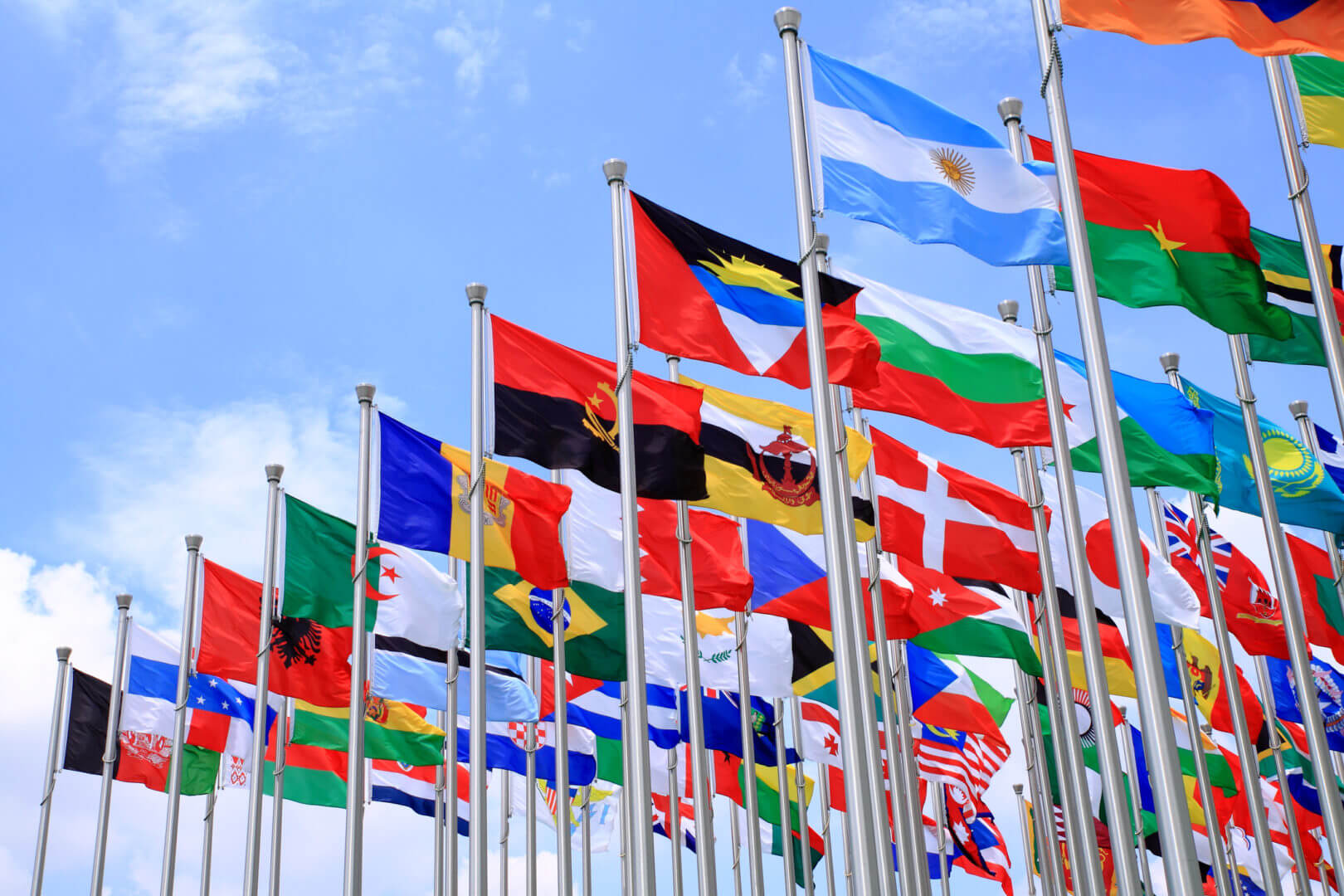USC Viterbi Named a Partner Institution for State Department Program
The U.S. Department of State has selected the University of Southern California as a partner institution for Diplomacy Lab, a program designed to provide students and faculty with hands-on experience on global policy challenges.
Starting this spring, USC Viterbi will serve as the central hub for this new USC – State Department partnership, which will call upon faculty and their students from across the campus to consider solutions for urgent issues governing international affairs. The program’s academic lead is Najmedin Meshkati, professor of civil and environmental engineering, industrial and systems engineering, and international relations.
The State Department is responsible for responding to a wide array of challenges, including climate change, weapons nonproliferation, democracy and human rights, counter-terrorism, global health, energy security, gender equality, economic policy, trafficking in persons, food security and conflict stabilization.
This partnership comes on the heels of several successful global initiatives at USC Viterbi including a course that unites USC students with young refugees who have had their education interrupted to work on engineering innovations aimed at alleviating the suffering of vulnerable populations living in refugee camps, and computer vision solutions to fight illegal wildlife poachers devised by the USC Center for Artificial Intelligence in Society (CAIS).
Diplomacy Lab allows students to contribute directly to the policymaking process, while helping the State Department tap into the reservoir of intellectual capital at America’s top universities. Students participating in the Diplomacy Lab explore real-world problems identified by the department and work under the guidance of faculty members with expertise in a related field. Students also have an open, two-way channel of communication to discuss their projects with State Department officials throughout the semester.
Each semester, the State Department releases a list of proposed projects to its 30 partner universities. Universities then identify faculty members to lead teams of students in research and innovation that address a given challenge. These teams bid on a maximum of four project proposals that align with their strengths. Once a project bid is approved, teams work in a semester-long sprint to develop a final work product that accomplishes the goals outlined by the department.
“We are honored to be recognized as a Diplomacy Lab partner by the US Department of State,” said USC Viterbi Dean Yannis C. Yortsos. “This distinction recognizes the enabling nature of engineering and of technology innovation in our times, which we have promoted at USC Viterbi as Engineering +. We look forward to our students and faculty providing interesting, empowering solutions to vexing problems in international diplomacy”
USC’s involvement in the program is an outgrowth of Meshkati’s Engineering Diplomacy course. The former Jefferson Science Fellow and senior science and engineering advisor to the Office of the Science and Technology Adviser of the U.S. Secretary of State, has incorporated Diplomacy Lab challenges into his courses.
One of Meshkati’s students, Stefani Mikov, B.S. ’17, an industrial and systems engineer, participated in the Diplomacy Lab’s Wonk Tank competition as a finalist in April 2016, with an innovative project to redesign Syrian refugee camps in Turkey.
“This partnership recognizes our efforts to fuse an engineering thought process with foreign policy and international development,” said Meshakti, who is currently on sabbatical as a fellow with the Project on Managing the Atom at Harvard Kennedy School’s Belfer Center for Science and International Affairs.
Students who have participated in the Diplomacy Lab have gone on to government internships, graduate work in international relations and careers with the State Department.
In 2015, the National Research Council of the National Academies put out an official recommendation to the State Department in a report titled “Diplomacy for the 21st Century: Embedding a Culture of Science and Technology Throughout the Department of State.” The report called for an increase in the cadre of foreign service officers with technical backgrounds and engineering training for such officers, “including assignments to positions that focus on science and technology issues.”




